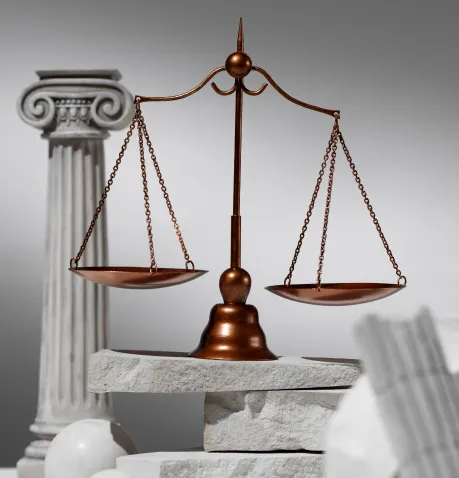German GEMA prevails in court against OpenAI

German GEMA's landmark ruling
On November 11 the Regional Court in Munich has set a very clear verdict in a court case of global significance brought by GEMA against U.S. provider of AI services OpenAI. OpenAI is currently running ChatGPT in ways that violate existing European copyright laws. "For the first time in Europe, the case for use by generative AI systems of copyright-protected works has been legally examined and ruled in favour of the works’ creators."
Munich Regional Court stated that OpenAI should have acquired the rights to song lyrics by German lyricists and songwriters in the GEMA repertoire in order to use them for training and operating purpose of ChatGPT. The AI contains copies of copyrighted works which are reproduced and made available in response to user prompts; but even after reproduction, they still infinge remunerable copyright, for which OpenAI should have obtained a licence to secure proper remuneration for the copyright owners.
Dr Tobias Holzmüller, CEO of GEMA, said: “The internet is not some kind of self-service buffet, and creative achievements by human beings are not simply templates for use free of charge. Today, we have set a precedent that both protects and clarifies the rights of creative copyright holders: operators of AI tools such as ChatGPT must also comply with copyright law. Today, we successfully defended the livelihoods of music creators.
For the first time, today’s ruling clarifies key legal questions concerning the way new technology interacts with European copyright law. The verdict represents a milestone on the way to obtaining fair remuneration for authors and creators throughout Europe,” added Dr Kai Welp, General Counsel for GEMA. “Even tech giants must obtain licences for the use of intellectual property; they cannot evade their obligations.”
OpenAI is one of the biggest companies in the field of generative AI with extreme annual revenues. Still, musicians and creators don't participate in the commercial use of their works by AI, because companies like Open AI work around authors rights. With this landmark ruling, the court made clear that OpenAI is not a 'privileged research organisation and that legal authorisation for what is known as text and data mining does not in any way justify the storage and output of copyright-protected song lyrics'. OpenAI was consequently convicted of copyright infringement.
GEMA is also part of a pending lawsuit against Suno Inc., a provider of AI generated audio content. It could be proven, that Suno's AI tools were trained on original recordings from GEMA's repertoire. The hearing date is set for January 26, 2026.
Find all info about GEMA and the court case here.







